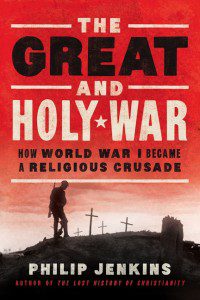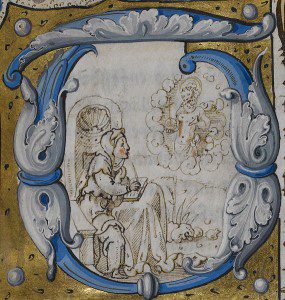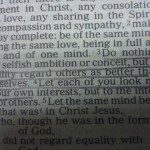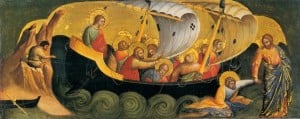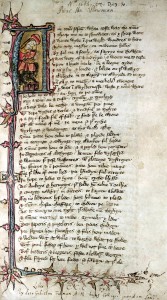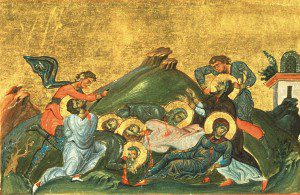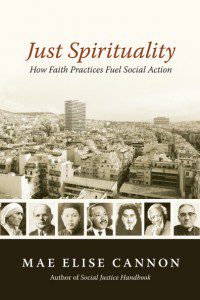Not long since, I posted about my current book project on the First World War, and especially its supernatural and apocalyptic dimensions. That grew out of a long-standing fascination with the period roughly between 1890-1920, and a host of writers I loved – from Conrad, Joyce and Kipling through Arthur Machen and Algernon Blackwood, Jack London and Frank Norris, G. K. Chesterton and H. G. Wells, John Buchan and W. B. Yeats, Robert Chambers and E. F. Benson, M. R.... Read more


